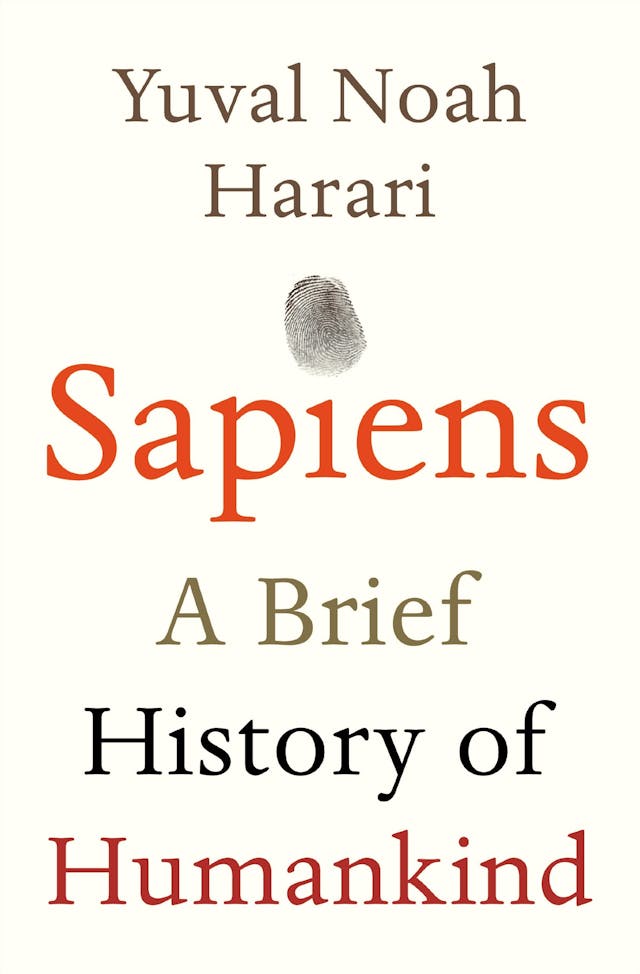The Devil in the White City: Murder, Magic, and Madness at the Fair That Changed America Summary
Key Takeaways
- The 1893 World’s Fair was a pivotal event in American history, showcasing technological innovations and architectural marvels.
- H.H. Holmes, one of America’s first documented serial killers, exploited the chaos of the fair to commit his crimes.
- The juxtaposition of great achievement and profound evil illustrates the complexity of human nature.
- Historical events like the World’s Fair can have a lasting impact on society, influencing future technological and cultural developments.
- Understanding historical events in their full context requires examining both the achievements and the darker sides of the story.
🌿 ReflectBay
Overthinking again?
You're not too much. You're just overwhelmed and it's okay. We help you untangle the noise and feel calmer.
We'll help you...
Summary
Erik Larson’s 'The Devil in the White City' draws readers into the dual narrative of the 1893 Chicago World’s Fair and the chilling acts of serial killer H.H. Holmes. The book juxtaposes the grandeur of the fair’s architectural and technological achievements with the dark undertakings of Holmes, who lured victims to his elaborately constructed 'Murder Castle.'
Larson meticulously details the planning and execution of the World’s Fair, highlighting the innovations it brought to the world, such as the Ferris Wheel and modern urban planning, while also exploring the immense challenges faced by its architects, including Daniel Burnham.
Parallel to the story of the fair, Larson delves into the life of H.H. Holmes, providing a gripping account of his crimes against the backdrop of the fair’s bustle and excitement. This contrast offers a unique and compelling exploration of the capacity for both greatness and evil within the human spirit.
‘The Devil in the White City’ is a masterful blend of history and crime storytelling, providing a richly detailed and engaging look at an event that shaped America’s cultural and technological history while examining the shadows that lurked behind the bright lights of progress.
Also recommended

Sapiens: A Brief History of Humankind
Yuval Noah Harari
A Short History of Nearly Everything
Bill Bryson
